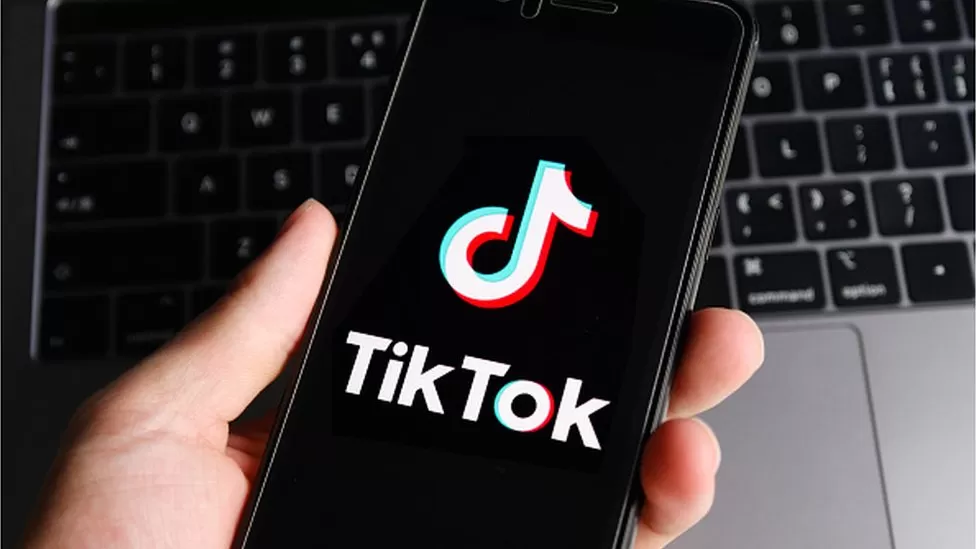In accordance with a provincial directive issued on Feb. 27, McGill has banned the use of TikTok on all university-owned devices, including smartphones and tablets for which McGill covers the cost of the mobile service. This decision stems from a federal ban that also prohibits the use of the app on all government-owned devices. All McGill staff who previously downloaded the app on a McGill device must delete it immediately.
In an email to The McGill Tribune, McGill media relations officer Frédérique Mazerolle wrote that the provincial directive was updated on March 2 to outright forbid public organizations from posting on the platform.
“Public institutions subject to the Act respecting the Governance and Management of the Information Resources of Public Bodies and Government Enterprises [cannot post] any new content to TikTok for any purposes, including advertising campaigns, announcements and recruitment,” Mazerolle wrote.
Marc Denoncourt, Associate Vice-Principal IT and Chief Information Officer at McGill, explained in an interview with the Tribune that TikTok may be used by staff and students conducting research so long as it is the only app running on the device.
“If you still need to do research with a McGill-owned device, we need to isolate TikTok,” Denoncourt explained. “It cannot be [downloaded] on a device with other applications.”
Denoncourt added that although the ban only applies to McGill-owned devices, users ought to be wary of running the app on their personal devices.
“[The ban] is for McGill-owned devices only. So if you do research with your personal device, it does not apply,” Denoncourt said. “Regardless of who owns the device, it is the same risk, but the directive is not asking anybody to stop [using TikTok] on personal devices.”
Politicians are primarily concerned with the app’s alleged collection of user data and the potential for the Chinese Communist Party (CCP) to access said data—the app was first developed by ByteDance, a technology company based in Beijing, China.
Benjamin Fung, a professor at McGill’s School of Information Studies (SIS) and Canada Research Chair in Data Mining for Cybersecurity, sees McGill’s ban as a response to government action.
“For the government, I think [the ban] is more like a political message to the general public, saying that this is dangerous,” Fung said in an interview with the Tribune. “Most of the people who use TikTok are the younger generation, students who do not own a McGill-owned device, [and] not every staff [member] has a McGill smartphone, so I think the impact [of the ban] is nothing, it is just following the rules from the government.”
Experts point out that TikTok is not unique—almost all social media companies are culpable of selling or otherwise sharing user data. In fact, Facebook records more personal data than TikTok, and in 2018, was revealed to have exposed millions of user profiles to Cambridge Analytica, a digital consulting firm. Security concerns about TikTok similarly lie in data transmissions.
“When you copy a piece of text from one app to another app, every couple of seconds [TikTok] will try to read the clipboard,” Fung said. “By doing that, [it] can read everything you copy and paste. So if you are just copying a link, that is fine, but if you are copying a password, let’s say from the password manager to an app, that is a security concern.”
Fung recommends that McGill students who continue to use the application on their personal devices consider taking extra precautionary measures should they wish to protect against potential threats to their online privacy.
“If you really, really want to watch TikTok videos, you can watch [them on] YouTube, you can still indirectly watch them. Many people just copy and paste [them] to YouTube. I [would] suggest [removing] the app, even for [your] own personal device, but at the end of the day, is [your] own personal choice.”









